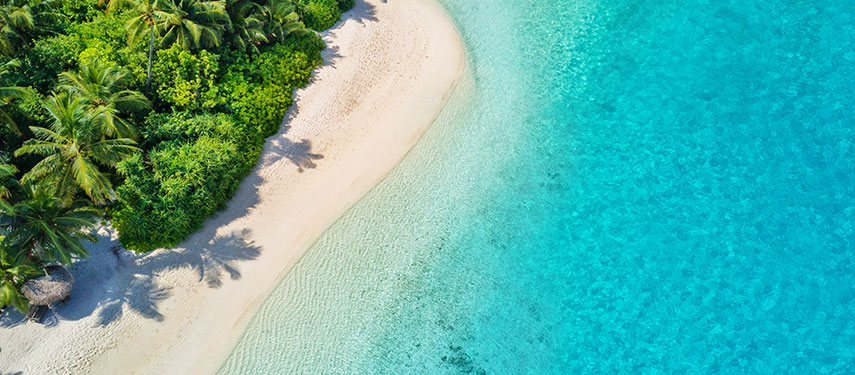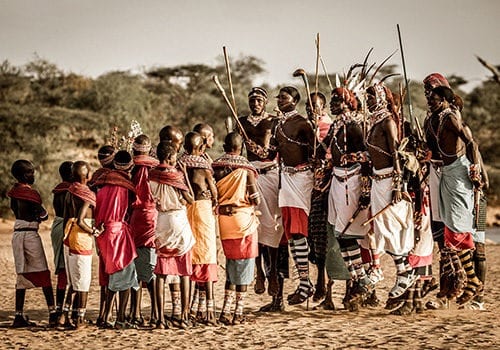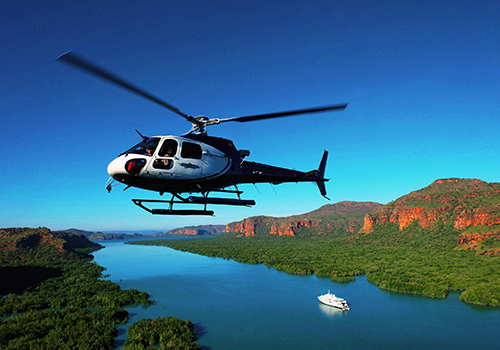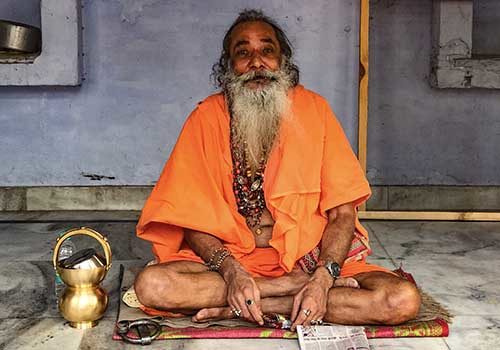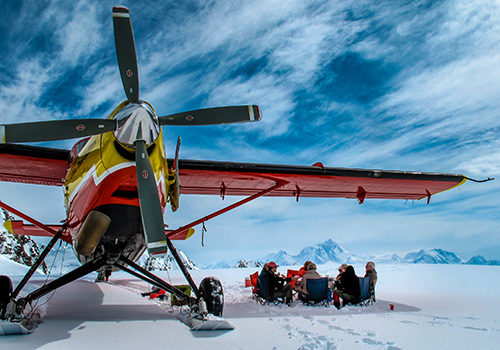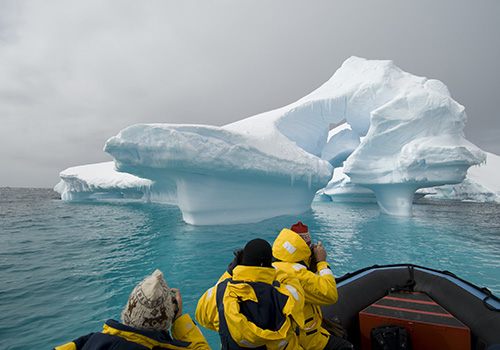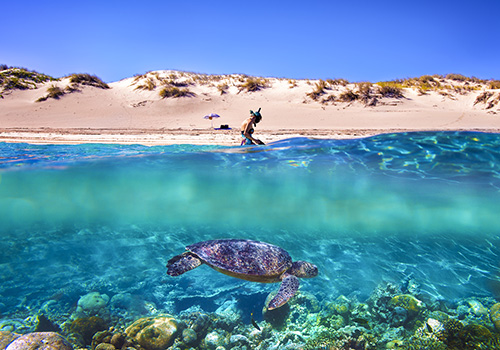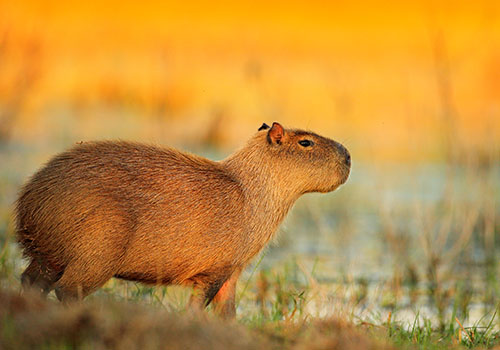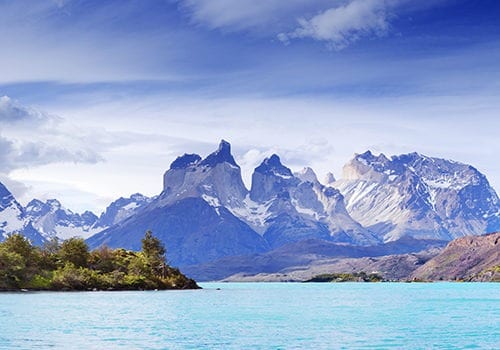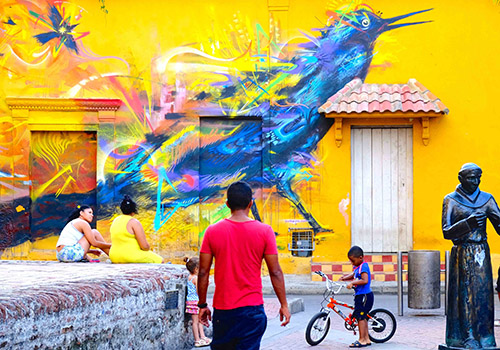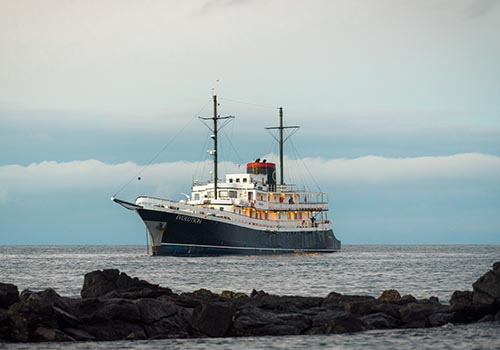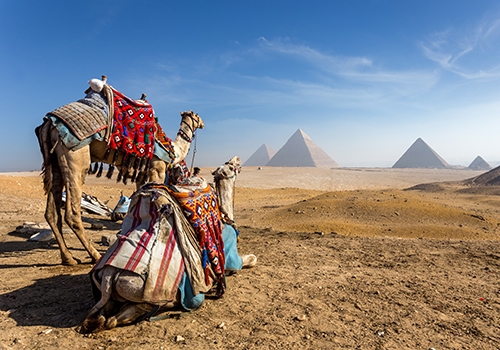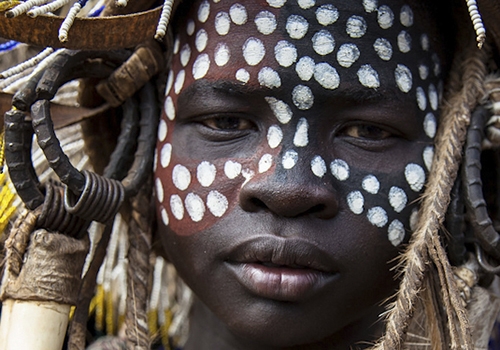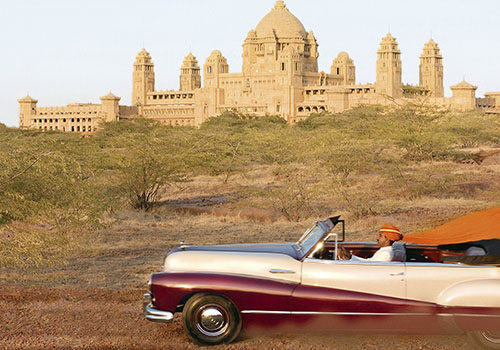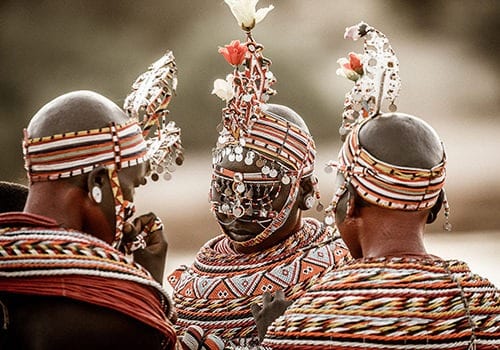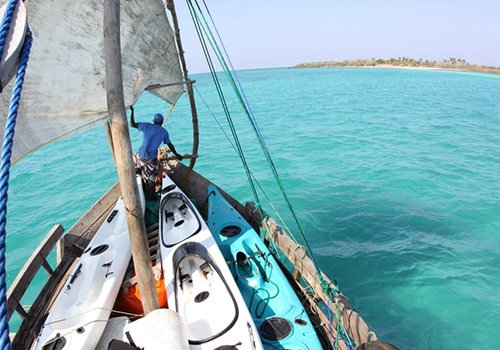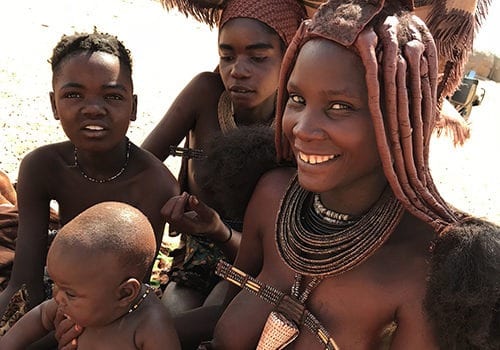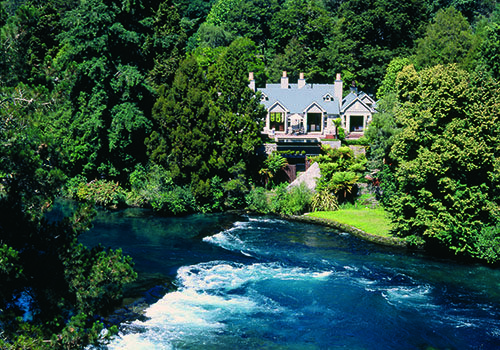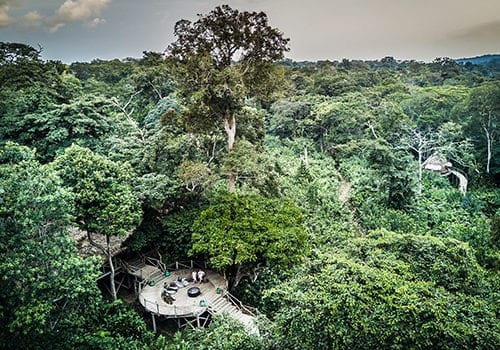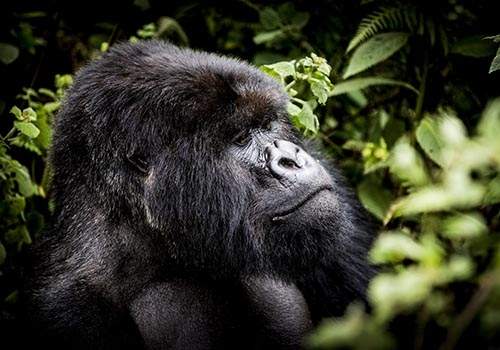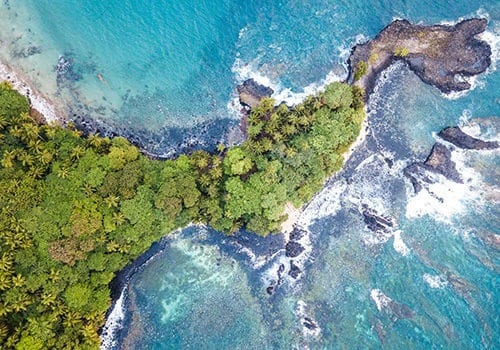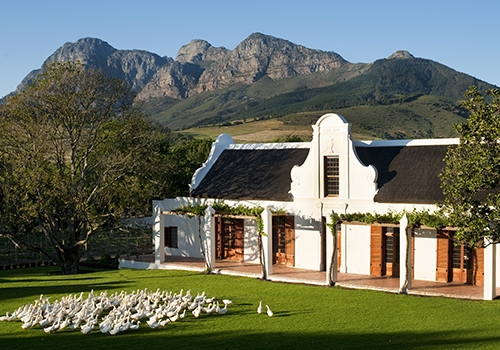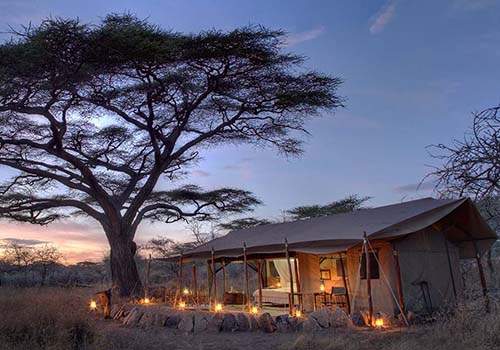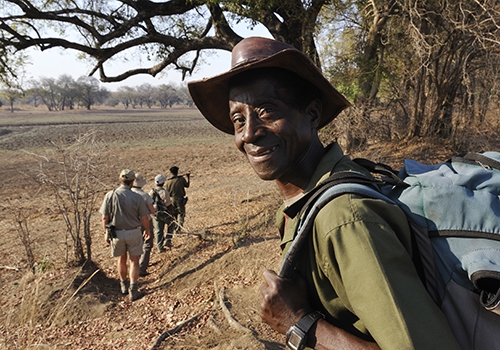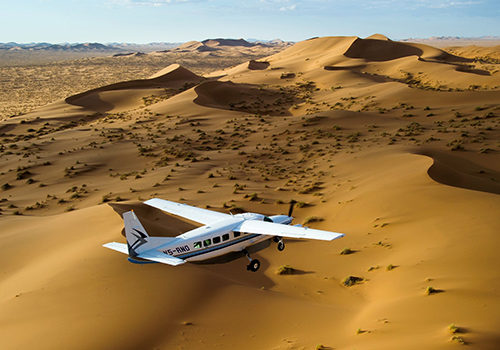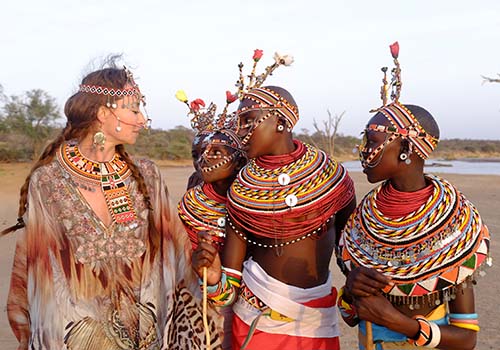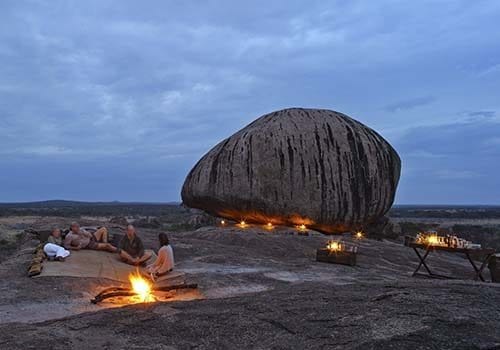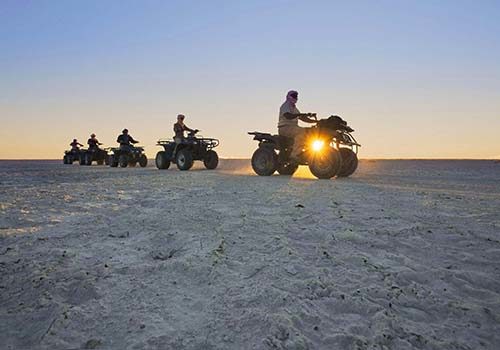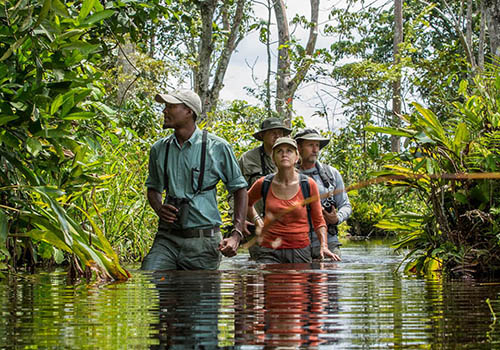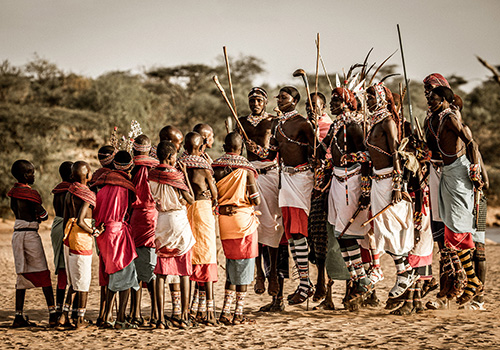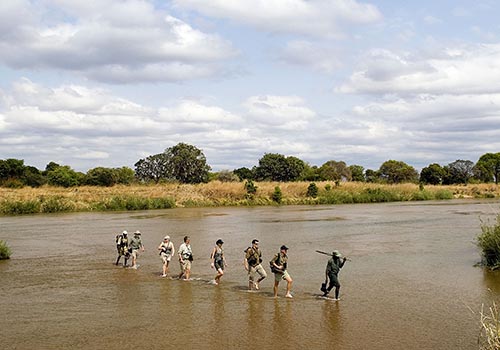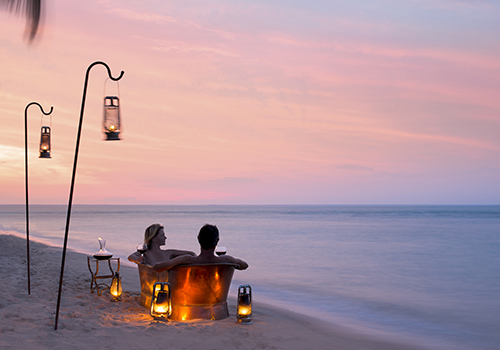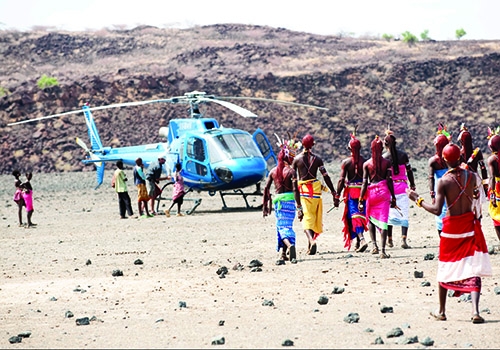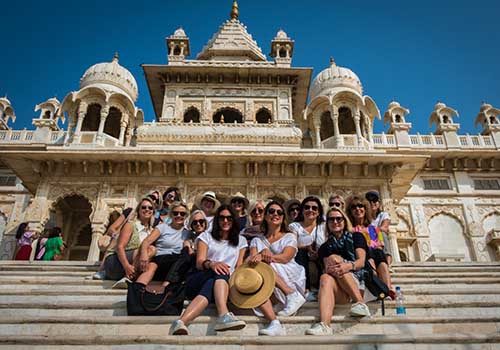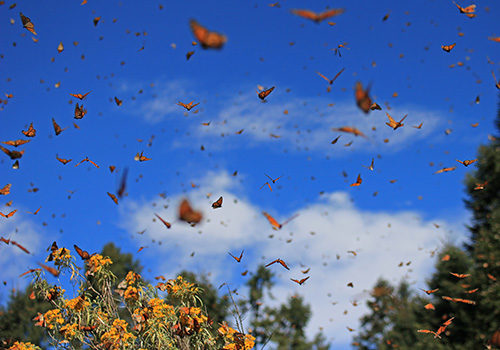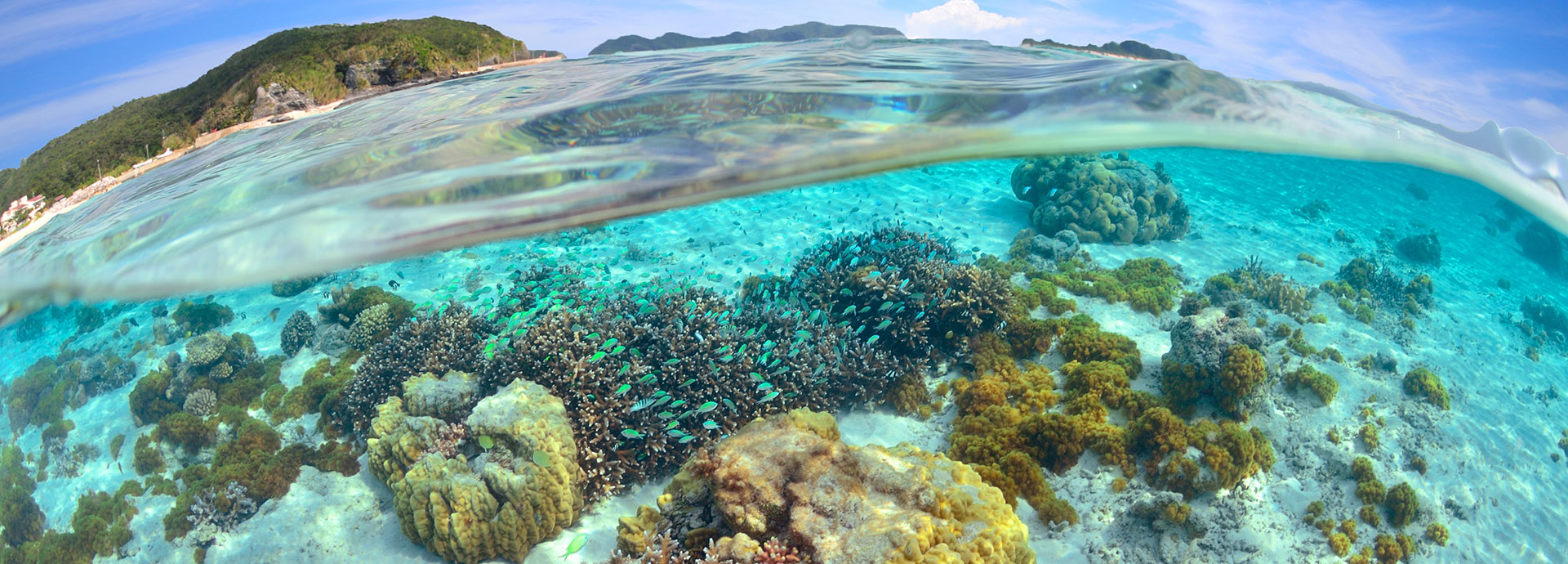
KEY INFORMATION TO PREPARE FOR YOUR JOURNEY
The Maldives, a tropical paradise in the Indian Ocean, is an island nation of nearly 1,200 small coral islands that form an archipelago of 26 atolls. Located southwest of Sri Lanka and India, it is renowned for its pristine white-sand beaches, crystal-clear turquoise waters, and vibrant coral reefs.
The capital city is Malé, and the country is famous for its overwater bungalows, offering a luxurious and idyllic escape. Popular activities include snorkelling and diving in the rich marine ecosystems, as well as enjoying the laid-back atmosphere and exquisite sunsets. The Maldives is a top destination for those seeking a romantic getaway or a tranquil retreat in a stunning tropical setting.
This information will assist in preparing for your departure and includes helpful travel hints for when you are there.
PLEASE NOTE: All pre-departure information was correct at the time of writing, but should be used as a guide only since requirements can change at short notice and without warning. Consult Smart Traveller or contact the High Commission for the Republic of Maldives or the appropriate authority prior to departure to confirm all details.
AT A GLANCE
MALDIVES KEY FACTS
Time: GMT +5 hours | AEST -5 hours
Capital: Male
International Airport(s): Velana International Airport (MLE)
Official languages: Dhivehi is the official language; however, English is widely spoken at all resorts and in Male
Religion: Sunni Islam in the predominant religion in the Maldives
Electrical Current: 230V | Types G (UK 3 square pin) & D (3 round pins)
Currency: Maldivian Rufiya (MVR)
Australian High Commission: Level 5, JEN Hotel Maldives Malé, Ameer Ahmed Magu, Malé | T: (+960) 334 0080 | https://maldives.highcommission.gov.au/mves/home.html
Visa: Yes – Australian and New Zealand passport holders can obtain a 30 day tourist visas which is issued upon arrival
USEFUL WEBSITES
Smart Traveller – https://www.smartraveller.gov.au/destinations/asia/maldives
Travel Doctor-TMVC – https://www.traveldoctor.com.au/destinations/maldives
Consulate-General of the Republic of Maldives – https://protocol.dfat.gov.au/Public/Consulates/122/State#VIC
PUBLIC HOLIDAYS
January 1: New Year’s Day
May 1: Labour Day
July 26: Independence Day
November 3: Victory Day
November 11: Immaculate Conception
December 25: Republic Day
ISLAMIC HOLIDAYS
Ramadan
Eid al-Fitr
Hajj Day
Eid al-Adha
Islamic New Year
National Day (Qaumee Dhuvas)
Birth of the Prophet
The Day Maldives Embraced Islam
*Above dates are set by the Islamic calendar and vary each year

PASSPORT & VISA REQUIREMENTS
PASSPORTS
Your passport must be valid for at least six months after your return to Australia and have at least two blank pages for every entry and country you intend to visit on your journey. If your passport does not meet these requirements you must obtain a new one. The Australian Passport Office website is www.passports.gov.au.
It is a wise precaution to carry a photocopy of your passport separately and leave a copy at home. This will aid authorities in processing a new passport should yours get stolen or lost.
If you have dual citizenship and more than one passport, we strongly recommend that you use only one of these during your travels, as in some countries it is considered illegal to have two or more passports. Be sure to use the same passport on entry and exit from a country, and never surrender your passport.
If your passport name is different to your commonly used name, advise us of this and ensure your airline reservations match those of your passport name.
VISAS
Australian and New Zealand passport holders can obtain a tourist visa on arrival to Maldives, provided that you meet all entry requirements.
The basic entry requirements are as follows;
- A valid passport
- A complete travel itinerary including return journey confirmed tickets, with a prepaid confirmed hotel booking at a registered hotel, and provide proof of financial means for sufficient funds to support the stay in Maldives, or hold a pre-approved visa sponsorship approved by Maldives Immigration
- Entry requirements to their onward destinations; for example, the visa and passport validity.
- Traveller Declaration must be filled in and submitted by all travelers travelling to and from Maldives, within 96 hours to the flight time. The form has to be submitted electronically via IMUGA.
- Yellow Fever Vaccination Certificate, if applicable.
Contact the Department of Immigration and Emigration of the Republic of Maldives if further information is required.
BORDER MEASURES
You must complete a Traveller Declaration form 96 hours before departure to and return from Maldives.
Tourists must have a confirmed booking at a registered tourist facility before entering Maldives.

AIR ARRANGEMENTS
PASSPORT NAME
Your airline reservation must be made in your legal name as it appears on your passport (i.e. names on tickets and passports must match). If your passport name is different to your commonly used name, advise us of this and ensure your airline reservation name matches those on your passport.
SPECIAL REQUESTS
Do let us know your seat preferences and any special requests so we can advise the airlines accordingly, however airlines do not guarantee seat preferences and some airlines now charge extra for this service.
Be sure to mention any other special requests you may have such as dietary requirements, kids meals and wheelchair assistance.
FREQUENT FLYERS
Prior to your departure ensure you have provided your consultant with your frequent flyer details so they can be added to your flight booking.
If you intend to use frequent flyer miles for your air travel you must book your own flights directly with the airline. It is a good idea to hold onto all your boarding passes in the event you have a query regarding points on your return.
DIY FLIGHT ARRANGEMENTS
If your flights are not booked by us ensure you provide your consultant with a copy of your flight itinerary so that we can share this with our ground operators who are responsible for booking corresponding ground transfers.
CLIMATE, WEATHER & SEASONS
CLIMATE
Weather is great year round in the Maldives. The wet season in the Maldives is comparable to the dry season in many other destinations. There are two main seasons, the winter months tend to be dryer (October to May) and the summer months are typically a little more humid (June to September).
The driest months tend to be February to April. Peak season is from Christmas through New Year and this is the most expensive time to go. The weather in the Maldives can be fairly hard to predict, as rain can happen any time of the year. When rain falls, it typically falls for an hour or so in the afternoon or evening and tends to cool people off.
| MALE | JAN | FEB | MAR | APR | MAY | JUN | JUL | AUG | SEP | OCT | NOV | DEC |
|---|---|---|---|---|---|---|---|---|---|---|---|---|
| Temperature (°C) | 26-31 | 26-31 | 26-32 | 27-32 | 26-32 | 26-31 | 26-31 | 26-31 | 26-31 | 25-31 | 25-30 | 25-30 |
| Rainfall (mm) | 115 | 40 | 75 | 125 | 220 | 165 | 150 | 175 | 200 | 195 | 230 | 215 |

LUGGAGE & PACKING
CLOTHING
When packing for your trip to the Maldives, it’s important to consider the tropical weather and the activities you plan to engage in. Here are some clothing suggestions:
Light and Breathable Fabrics: Pack lightweight, breathable fabrics such as cotton, linen, and moisture-wicking materials to stay cool in the tropical heat.
Swimwear: Bring multiple swimsuits since you’ll likely spend a significant amount of time in the water. Quick-drying materials are ideal.
Light Cover-ups: Consider bringing light cover-ups like sundresses, sarongs, or lightweight long-sleeved shirts to protect yourself from the sun and keep cool in the evenings.
Sun Protection: Pack a wide-brimmed hat, sunglasses, and high SPF sunscreen to protect yourself from the strong tropical sun.
Footwear: Sandals or flip-flops are suitable for the beach and casual outings. If you plan to engage in water activities or explore the coral reefs, consider water shoes or reef shoes for protection.
Casual Clothing: Many resorts in the Maldives have a casual dress code, so bring resort-appropriate clothing for dinners and other leisure activities.
Light Jacket or Sweater: While it’s generally warm in the Maldives, it can get cooler in the evening. A light jacket or sweater may be useful for breezier nights.

Insect Repellent: Mosquitoes can be present, especially during certain times of the year, so pack insect repellent to avoid bites.
Respectful Attire: If you plan to visit religious or cultural sites, consider bringing modest clothing out of respect for local customs.
Waterproof Bag: A waterproof bag or pouch is handy for protecting your electronics and valuables, especially if you’re going to be around water.
Remember to check the specific activities and dress codes of your resort, as some may have specific requirements. Overall, aim for comfortable and breathable clothing that suits the tropical climate of the Maldives.
INSURANCE
ENSURE YOU’RE INSURED
Although we hope you’ll never need it, having a comprehensive travel insurance policy is always highly recommended. No international travel is ever entirely without risk, and even the best laid plans can go awry.
Whilst we cannot recommend the right policy for you (as only you know you and what you need), below we have provided links to sites and articles that may help you navigate your way through the choices available.
PLEASE NOTE: The information provided here is subject to change at any time. Please always read the travel insurers’ relevant Product Disclosure Statements and refer to the Australian Government’s Department of Foreign Affairs & Trade’s (DFAT) Smartraveller website for up to date travel advice and their advice on Travel Insurance.
Whichever insurer you choose please provide us with a copy of your chosen policy, insurance certificate and all emergency contact details for our records.
WHAT WE OFFER
The Classic Safari Company is currently associated with the following travel insurance providers :
Each of the above insurers has varying strengths depending on the activities included in the trip you are undertaking. Their websites are easy to navigate and once you have entered your personal details and selected your preferences – be that to reduce your excess, include cover for cruising, increase your cover for cancellation or obtain cover for a pre-existing medical condition – the website will generate a quote. If you are satisfied with what is presented, you simply need to follow the steps to purchase your insurance policy online.
At what point in the booking process should I purchase travel insurance?
It is advisable to obtain comprehensive travel insurance at the time of confirmation/paying a deposit to ensure you are covered from the moment you book.
What should I look for when selecting coverage?
Most insurance companies will cover the basics such lost luggage or flight cancellations, but levels of medical cover vary from policy to policy, and the cover for global issues, such as pandemics, has changed significantly over the past few years. This excellent article, Travel Insurance Simplified, published on 07 April 2022, details what you need to look for when selecting coverage for your next trip. Smartraveller also publishes helpful advice on Travel Insurance.
What is the impact of DFAT travel advice?
Some insurance will not cover travel to countries where the Australian Department of Foreign Affairs & Trade (DFAT) is warning Australians to “Reconsider your need to travel” (Level 3) and most don’t cover travel to places with a “Do not travel” warning (Level 4). Most international travel insurance covers visits to Level 2 countries. DFAT travel advisories can change over time and this may affect your travel insurance coverage. You should always check the advice levels on the Smartraveller website.
How much does travel insurance cost?
Costs will vary depending on your age, destination, duration of your journey, preferred excess, cancellation cover, and if you have any pre-existing medical conditions. It is important to note that the inclusions with each policy are different so price is not the only factor you should consider when choosing travel insurance – cheaper policies often don’t provide the cover you might expect. You should read the small print carefully before purchasing any travel insurance policy to ensure it is suitable for your needs.
Can I use my credit card travel insurance?
Many premium credit cards come with complimentary travel insurance. If you elect to only be covered by your credit card travel insurance it is paramount that you understand the terms and conditions, policy availability subject to your age, trip duration and destination, item limits, sub-limits and exclusions that may apply. It is also worth noting that many credit card travel insurance policies automatically exclude cover for epidemics and pandemics and may not cover charter flights.
What about reciprocal health care agreements?
If you’re travelling to one of the 11 countries for which Australia has reciprocal health care agreements, you may also be able to access free health care at your destination under these arrangements. The exact benefits available to Australians in each partner country vary. At a minimum, you can generally access emergency medical and hospital care in any of these 11 countries by simply showing your valid Australian Medicare card.
Even if you’re travelling to a country that has a reciprocal health care agreement with Australia, it’s still a very good idea to get travel insurance as these care agreements can be quite limited. Travel insurance will also cover you for everything else besides your health, such as delays or cancellations.
HEALTH & VACCINATIONS
VACCINATIONS
It may be necessary to take medical precaution prior to, and whilst travelling. As we are not qualified to offer advice, we recommend you contact your GP or the Travel Doctor-TMVC who have the most up‐to-date information available. Requirements are highly personal depending on your health profile and the activities in your itinerary. Some vaccinations must be given well in advance of travel, so we suggest seeking medical advice as soon as you start to plan your trip. Be sure to ask what vaccinations or medications may be required to enter the Maldives and to re-enter Australia.
You can also refer to SmartTraveller for a guide as to what may be required, however you should always seek professional medical advice before travelling.

FOOD & DRINK
The Maldives offers a delightful culinary experience with a focus on fresh seafood, tropical fruits, and a blend of Asian and Middle Eastern influences. Here are some food and drink tips for your trip to the Maldives:
FOOD
Seafood Delicacies: Given the Maldives’ location in the Indian Ocean, seafood is a staple. Try local specialties like mas huni (tuna and coconut salad), fihunu mas (grilled fish), and garudhiya (fish soup).
Coconut-Based Dishes: Coconut is a common ingredient in Maldivian cuisine. Look for dishes like mas huni (a breakfast dish with tuna, coconut, and onions) and kulhi bōkiba (fish cake with grated coconut).
Curries and Spices: Maldivian cuisine features flavorful curries and spices. Try a traditional Maldivian fish curry or chicken curry, often served with rice or flatbreads.
Tropical Fruits: Indulge in a variety of tropical fruits such as mangoes, papayas, pineapples, and bananas. They are not only delicious but also refreshing in the tropical climate.
Local Snacks: Look for local snacks like bajiya (deep-fried snacks filled with fish, coconut, or vegetables) and hedhikaa (Maldivian savory snacks).
Dhivehi Beys: Dhivehi Beys, or Maldivian sweets, are a must-try. Favourites include foni boakiba (coconut and semolina cake) and bondibai (sweetened rice and coconut dumplings).
International Cuisine: Resorts in the Maldives often offer a range of international cuisines. You can find Italian, Japanese, Indian, and other culinary options, ensuring a diverse dining experience.
DRINKS
Fresh Fruit Juices: Enjoy fresh fruit juices and coconut water to stay hydrated in the warm climate. Coconut water is widely available and incredibly refreshing.
Local Beverages: Try traditional Maldivian drinks like kurumba (coconut toddy) or Raa (palm wine). Non-alcoholic options include sai (a sweetened drink made from basil seeds) and the local black tea known as fen boai.
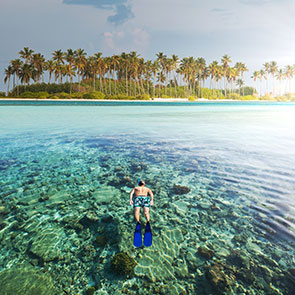
Remember to explore the local markets and street food stalls for an authentic taste of Maldivian flavours. Whether you’re dining in a local eatery or a resort restaurant, the Maldives offers a rich and diverse culinary adventure.
MONEY MATTERS
CURRENCY AND EXCHANGE
The local currency is the Maldivian Rufiya (MVR), made up of 100 laari. However, US dollars are widely accepted in the tourism industry, and many resorts and businesses price their services in dollars.
ATMs are available in Male and some of the larger islands, but are less common on the other islands. Please use caution when withdrawing cash, just as you would at home. Do not rely solely on a cash card to fund your trip ‐ if it does not work for any reason you will need to find a bank which is not always convenient.
Credit cards, especially Visa and Mastercard, are widely accepted in tourist areas, resorts, and larger establishments.
It is best to take a mixture of money – credit card, debit card or travel cash card and cash.
You may need some cash, preferably in small denominations, for gratuities.
It is recommended that you DO NOT change money on the black market as you are more likely to receive a lower rate of exchange or fake notes.
TELL YOUR BANK
We highly recommend you advise your bank of your destinations and travel dates. This should prevent any of your transactions being deemed as ‘out of the ordinary’ (and possibly stopped) due to their unexpected location.
TIPPING
Tipping is not compulsory in the Maldives. You will notice on all restaurant, spa, excursion and diving menus that prices are subject to a 10% service charge. In many places this would mean that you don’t need to tip in addition, but given the lower salaries earned by the staff and the level of service generally offered as being excellent it is a nice gesture to help the staff of resorts to earn some extra money.
Your first contact with service providers will be upon arrival at the airport. Tipping is prohibited at the airport so it is best to avoid it.

POWER, TECH & PHOTOGRAPHY
POWER
There are basically two main voltage systems used around the world: 110 Volt ‐ USA, Canada, Spain & Japan 220 Volt ‐ the rest of the world. In simple terms, the power supply available at the socket is roughly twice as powerful in 240V countries as in 110V countries.
The voltage in the Maldives is 230 Volts, therefore if you wish to use any electronic devices from Canada, the US or Japan you’ll need a voltage converter AND a plug adapter. Australia operates a 220V currency and therefore you only require an adapter for Australian appliances.
The adaptor you will need for the Maldives is a TYPE G (UK 3 square pin) or D (3 round pins), alternatively you may prefer to invest in an International Travel Adaptor that provides you with more than one option.
Many adaptors also have a USB port so you can plug your smart phone, or I‐product directly into the adaptor.
For the latest & most up to date information about voltage and what adaptors to travel with refer to: www.korjo.com
ADAPTORS
Maldives uses a 230V electrical current and a types G (UK 3 square pin) or D (3 round pins).

SMART PHONES & DATA
Smart phones can be wonderful travel companions. Not only will they help you stay in touch with friends and family, they’ll guide you through unfamiliar cities, enlighten you on local attractions, translate foreign languages and produce great photographs.
Left unchecked they can also wreak havoc with your travel budget!
The reason is that some (but not all) of the fun and useful functions smart phones perform require the downloading of data via an internet connection. Unfortunately, if you’re paying for data roaming it can be an expensive exercise and you run the risk of returning home to an expensive shock.
If you want to make the most of your mobile device, while avoiding unexpected and unpleasant charges, keep in mind the following tips:
- Buy an International Roaming Pack ‐ think about buying a pack from your phone network before departure in order to access cheaper rates
- Remove your regular SIM and replace it with a pre‐paid SIM either purchased before departure or upon arrival. Not only will you benefit from better prices for data, voice calls and SMS, but there will be a pre‐set limit on how much you can spend giving you some piece of mind.
- Turn off global roaming ‐ the problem with data roaming is not simply the exorbitant costs travellers are charged for downloading megabytes, it’s the fact that this data is often being sucked down without you even being aware of it.
To be safe, the easiest thing to do is simply disable data roaming.
We do NOT recommend taking advantage of free-wifi in public places such as airports and malls. The connection is often insecure, and you could run the risk of data & information theft. If you do need to go online, whether to check your emails, use a handy app or make an online booking – your best option is to find SECURE free or affordable Wi‐Fi.
PHOTOGRAPHY
Photography plays an important role in any holiday. Zoom lenses are a great asset as are wide-angle lenses for landscape shots. The best over-all lens to take would be a zoom in the 70mm-300mm range. Only if you are a keen birder, would you need a lens greater than 300mm. For digital cameras it is suggested that you bring two rechargeable batteries and ensure that you have adequate memory space.
Please respect local customs and feelings when taking photos. You may need to tip locals in order to take photos. It is forbidden to photograph certain places such as airports, dams, bridges, government buildings & military installations in many countries. If in doubt, ask!
